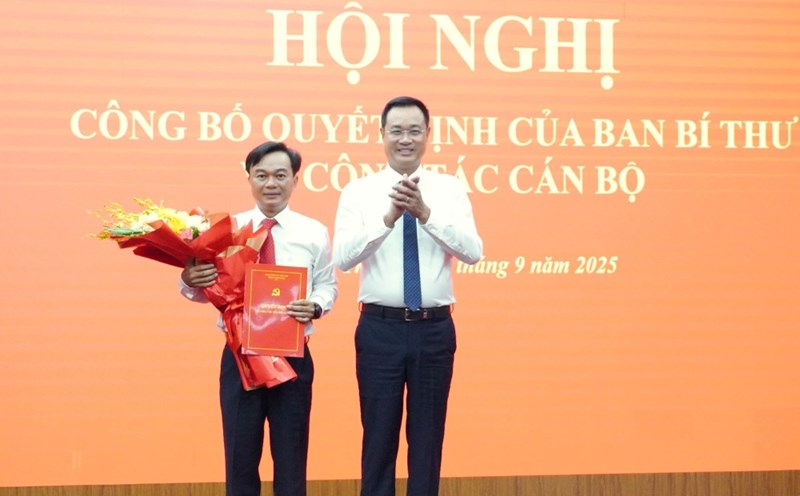Article 23 of the Law on Teachers (effective from January 1, 2026) stipulates salaries and allowances for teachers in public educational institutions as follows:
Teachers' salaries are ranked highest in the administrative career salary scale system;
Vocational allowances and other allowances according to the nature of work, by region according to the provisions of law;
Preschool teachers; teachers working in ethnic minority areas, mountainous areas, border areas, islands and areas with particularly difficult socio-economic conditions; teachers teaching at specialized schools; teachers implementing integrated education; teachers in some specific sectors and occupations are entitled to higher salary and allowances than teachers working under normal conditions.
The salary of teachers in non-public educational institutions is implemented in accordance with the provisions of the law on labor.
Teachers working in sectors and occupations with special regimes are entitled to special regimes according to the provisions of law and are only entitled to the highest level if that policy coincides with the policy for teachers.
Thus, teachers practicing integrative education are one of the subjects entitled to a salary and allowance regime higher than teachers working in normal conditions.
What are the duties of teachers participating in integrated education?
Pursuant to Article 11 of Circular 03/2018/TT-BGDDT, in addition to performing the prescribed tasks, there are regulations for teachers, teachers, and lecturers participating in integrated education to perform the following tasks:
Respect and exercise the rights of people with disabilities.
Securely inform about the disability of individuals with disabilities and families of people with disabilities.
Coordinate with staff supporting the education of people with disabilities and families of people with disabilities to develop personal education plans for people with disabilities in integration; organize educational activities, evaluate educational results according to the personal education plan for people with disabilities.
detecting and proposing solutions to problems arising in the process of implementing inclusive education.
Consulting people with disabilities and their families on support services, early intervention, integration education, and career orientation suitable for the ability and needs of people with disabilities.
Coordinate with colleagues, families and relevant organizations and individuals to build an integrated and friendly educational environment for people with disabilities.
Regularly self-cultivate, innovate methods, learn experiences to improve the effectiveness of integrated education.











